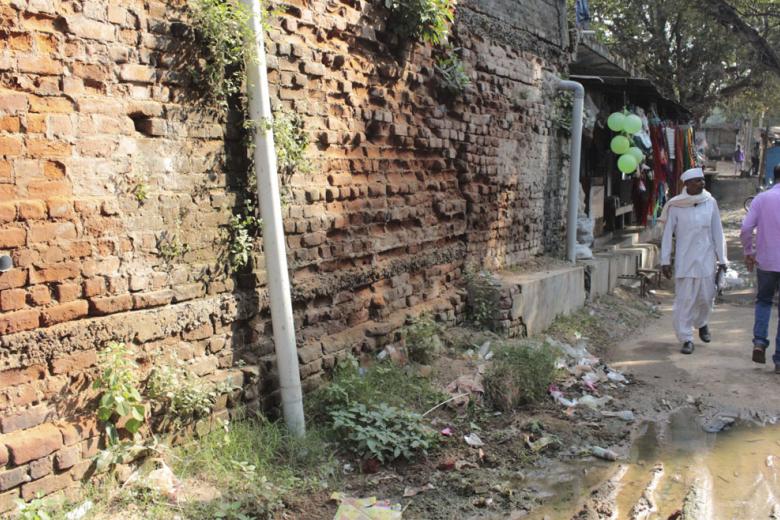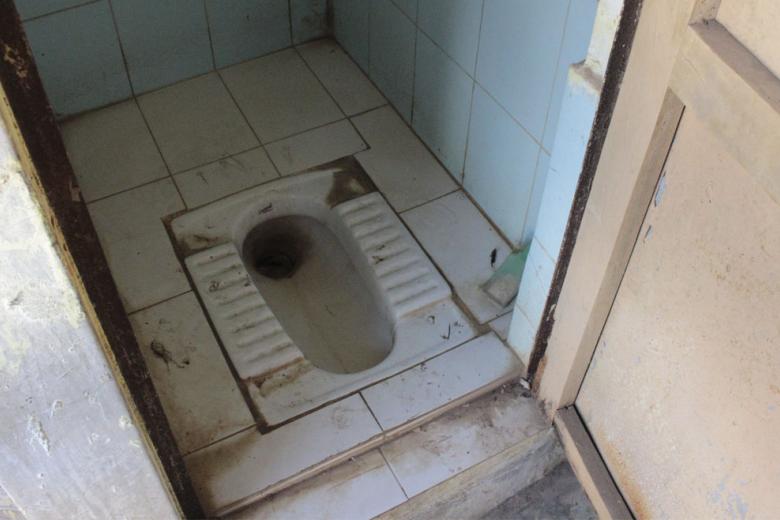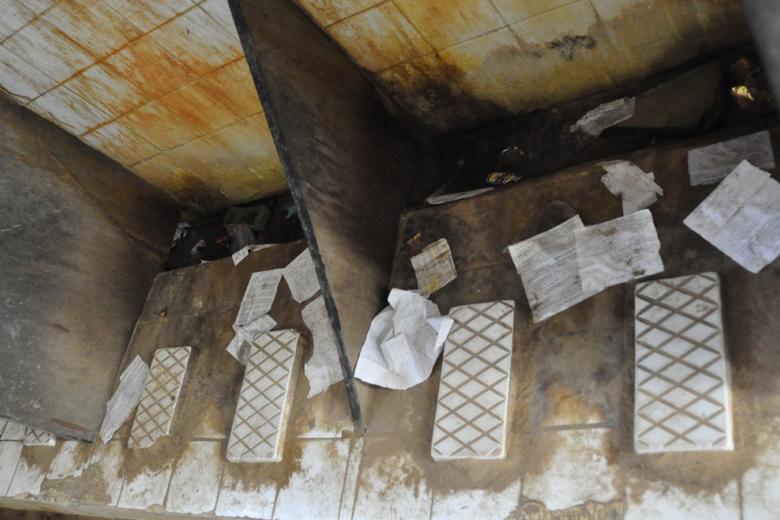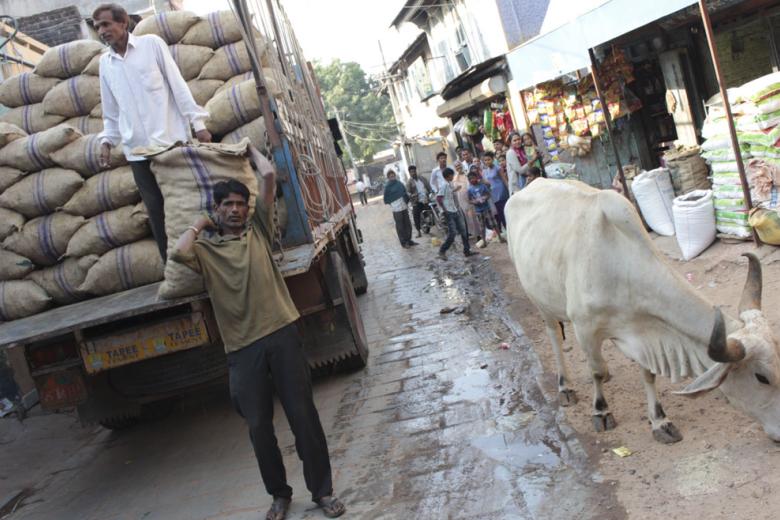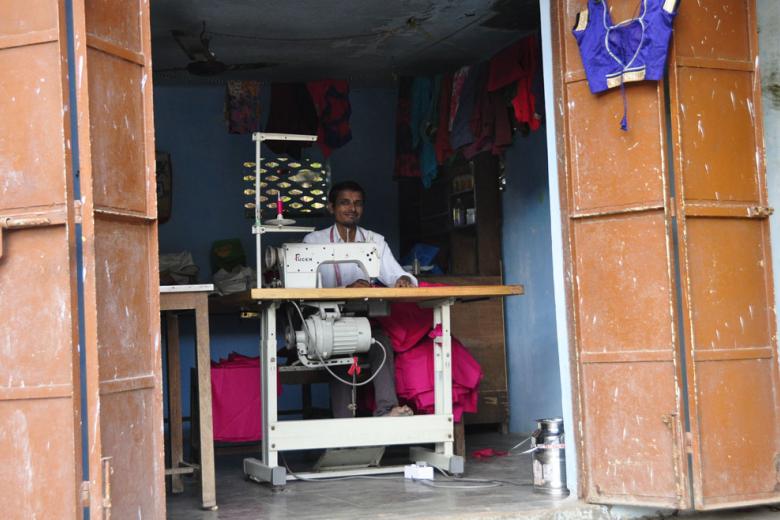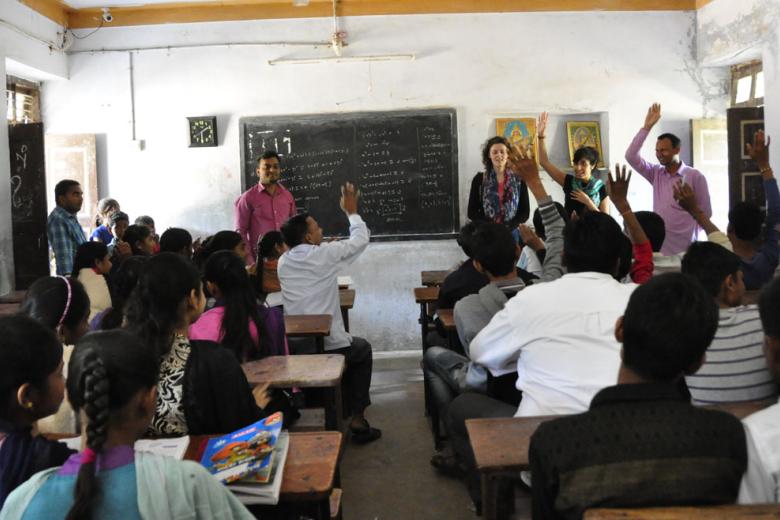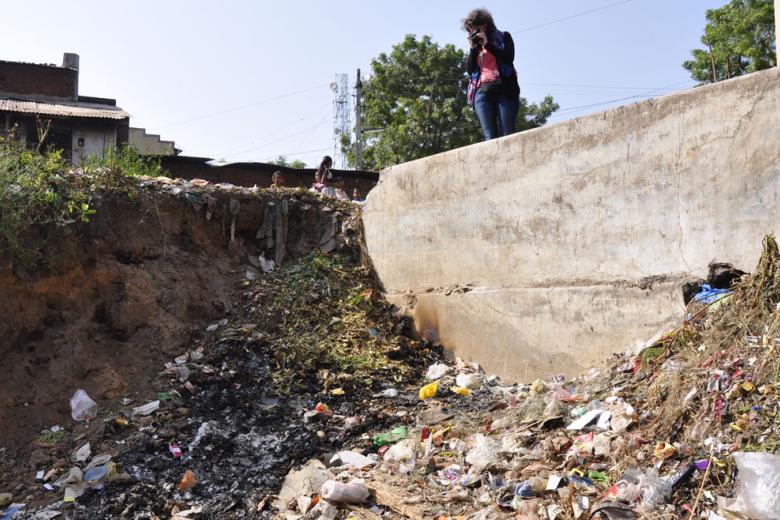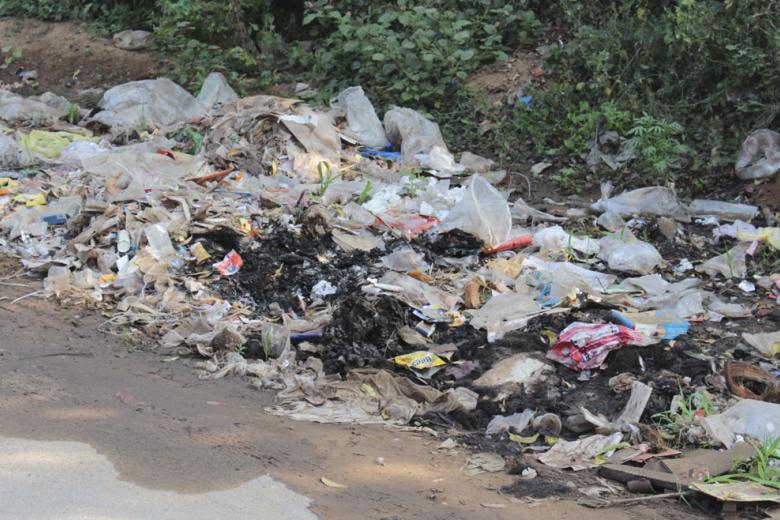Go for action research
Shyama V. Ramani, Professor of Development Economics at UNU-MERIT, has been working on the issue of sanitation since the tsunami of December 2004. It all started as a charity project to build toilets for women in a small coastal village in Tamil Nadu, her home state in the southernmost part of India. “The tsunami had destroyed the vegetal cover around the village and the women could no longer relieve themselves in the bushes as they used to. They needed toilets.”
But the project failed, and so Shyama decided to begin studying sanitation drives herself. “As a donor I had simply gathered funds from my academic network in Europe and given them to NGOs. But after three years, when the NGOs had failed to build sustainable toilets, I realised the problem was systemic. I found bad and abandoned toilets everywhere in India and I learnt that countries in Africa were dealing with the same problem. I decided to try to find out where things had gone wrong and how I could help to improve hygiene in villages in developing countries through sanitation coverage and waste management.” After three years of research, she discovered the academic literature was not very helpful either. “To find the answer, I had to jump in, not as a donor, but as an actor in the development process. I had to go from being a charitable academic person to becoming an academic social entrepreneur."
She created a social venture called Friend In Need India, based in the coastal village of Kameshwaram. The staff are village residents, while students and other professionals make up the cadre of volunteers who assist in local capacity building. “Our objective is to make Kameshwaram as clean as any village in the world, with complete sanitation coverage. We want a Kameshwaram with clean fields, clean ponds, clean roads and a clean beach – which means we have to convince the villagers to use garbage bins and toilets! We’re still experimenting with different models by which to accomplish our mission, and we’re documenting the process so that others can learn from our experience.”
Living lab
To manage the organisation, she draws on a heterodox method called action research. “The world is now so complex that even if we understand the problems, we don’t understand how to effect solutions. For this we need to reduce the scale enormously and to work with experiments. So I do solution-oriented research by trying out little action projects and seeing how they work, or how they don’t, and why. For example, to motivate more people to use toilets, we held two toilet beauty contests in 2007 and 2009. Aesthetics was only one criterion for being selected as the most ‘beautiful’ toilet. Innovation in design, decoration and cleanliness, proper usage and judicious use of water were also taken into account. I was able to publish academic articles based on the experiments carried out in the village, relating not only to sanitation but also to access to medicine, food security and innovation. The village became a living lab.”
Action research means designing the studies such that they not only enhance existing knowledge, but also bring about positive transformative change, however small that may be. To this end, Ramani says, the co-creation of knowledge is essential. "Social scientists usually analyse data collected by governments or agencies, or that they have collected themselves. But beyond a few discussions about the questionnaire perhaps, or a few discussions about the results afterwards, we just walk away from our subjects to write our research papers. In action research you can’t do that. You have to focus on a problem, interact with your participants, involve them and make at least a bit of a positive change in the system through your research project.”
It also means stepping outside the comfort zone of a formalised, monodisciplinary approach, which can be quite a challenge for traditional economists. “One cannot model everything. We cannot capture everything in measurable, quantifiable terms. We need to adopt a more ethnographic or anthropological, sociological approach, and only then apply the economics toolkit.”
Working with the poor
“At UNU-MERIT we’ve developed a variety of tools and frameworks to study evolutionary processes within complex systems, such as the ones we live in today. These tools are used to study industrial capacity building, technology and innovation and governance issues. We also study poverty and the poor. But the research reports are written for qualified, skilled, knowledgeable people; the people making the decisions. They are not designed to be understood by poor people or to be of use to them. Working with the poor calls for a certain degree of humility, and you have to put in a lot of effort to avoid jargon and boil research findings down to their essence to make them understandable. But it’s worth it, because it really helps the researcher to understand the system and its challenges from their perspective.”
Walking the talk
Shyama calls on researchers to rethink the way they do things. “I’m asking for more humility. After all, what is the meaning of our existence as academics? This is my challenge, because I really feel that what we need today more than anything is to agree on our value systems and open our hearts and minds to operate together and coordinate our efforts. We don’t talk enough about morality – and beyond talking about it, why don’t we walk the talk?”
Action research is not easy. During the action-research projects in the living lab village, Ramani noticed that students often struggle to leverage their learning in concrete solutions. “They operate in a silo. They probably did very well in their exams but for instance, if I were to ask them, “How can we stop people from littering?” they may blank out and even go through a phase where they think they’ve learnt nothing. It’s only after some guidance that they realise that their knowledge is useful, and then slowly come towards designing a solution.”
Shyama sees great value and untapped potential in a multidisciplinary academic environment like Maastricht University. “It would be good to have a cross-faculty elective course where students could work throughout the year on a small but practical problem, here in Maastricht or anywhere in the world, to prepare them as future citizens and change makers.”
“When I’m working with European and Indian students in the village in India, I feel that I’m teaching at a level far beyond what I teach in class. I’ve improved as a researcher, as a teacher, as a human being. The returns are enormous for any academic wanting to do this. It may not attract all students but it will attract some, and these will be the change makers of the future.”
Professor Shyama V. Ramani (1960) studies the relationships between technology, innovation and development at UNU-MERIT (http://www.merit.unu.edu/about-us/profile/?staff_id=1126). In January 2016, she was voted as one of the top 100 female achievers by the Indian Ministry of Women and Child Development in the category hygiene and sanitation.
UNU-MERIT is a United Nations University research and training institute based in Maastricht. It collaborates closely with Maastricht University and focuses on the social, political and economic factors that drive global economic development.
Also read
-
Four FASoS researchers awarded NWO XS grants
How do lobbyists use disinformation to sway policymakers? Who gets to shape the historical narrative of occupation and violence? Does growing inequality change the way citizens think about politics? And how have politicians defended “truth” across a century of media revolutions?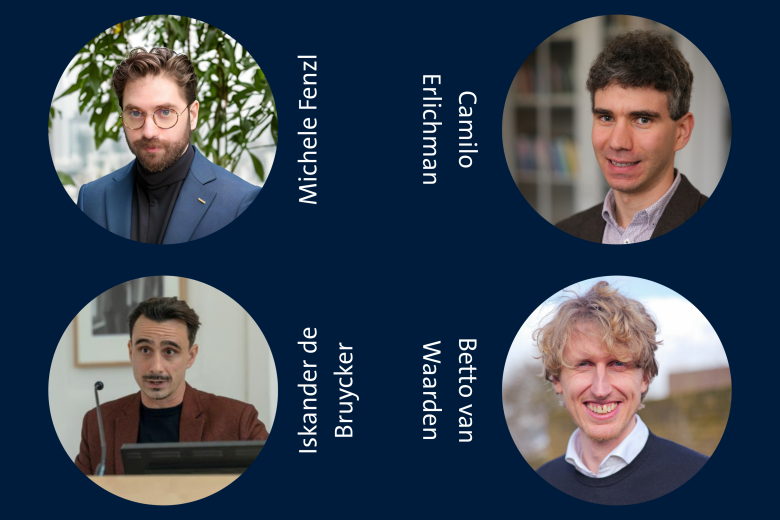
-
Reducing the Digital Divide: Empowering Students to Train, Evaluate, and Use AI Text Models
The Maastricht Law and Tech Lab, together with the Brightlands Institute for Smart Society (BISS), obtained a € 100.000 a Comenius Senior Teaching Fellow grant.
-
Green school playgrounds boost concentration and wellbeing
Children at schools with green playgrounds are better able to concentrate and display more social behaviour. This is the conclusion of a follow-up study within the long-running project The Healthy Primary School of the Future .
